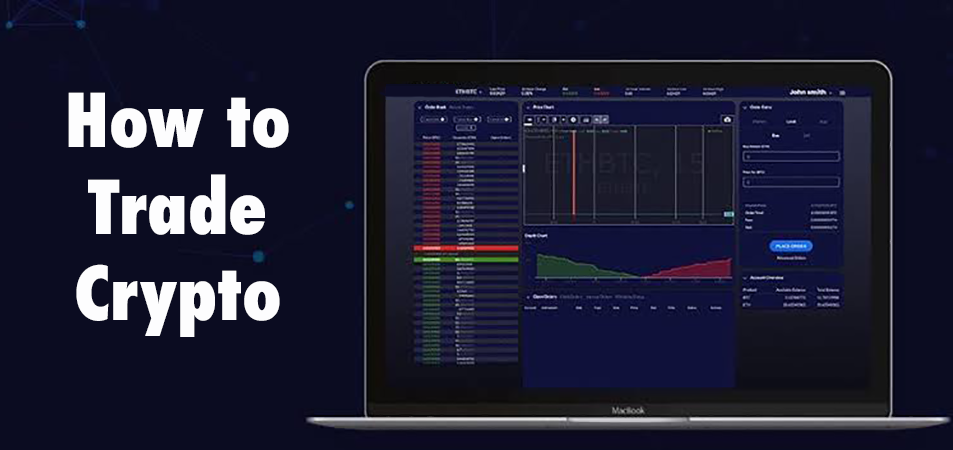Cryptocurrency trading is the act of speculating on cryptocurrency cost motions via a CFD trading account, or purchasing and offering the underlying coins by means of an exchange. CFDs trading are derivatives, which allow you to hypothesize on cryptocurrency cost motions without taking ownership of the underlying coins. You can go long (' purchase') Browse this site if you think a cryptocurrency will increase in value, or brief (' sell') if you think it will fall.
Your earnings or loss are still computed according to the full size of your position, so leverage will amplify both earnings and losses. When you buy cryptocurrencies through an exchange, you purchase the coins themselves. You'll need to develop an exchange account, put up the amount of the asset to open a position, and keep the cryptocurrency tokens in your own wallet until you're prepared to offer.
Lots of exchanges also have limits on just how much you can transfer, while accounts can be extremely costly to preserve. Cryptocurrency markets are decentralised, which implies they are not released or backed by a central authority such as a federal government. Rather, they run across a network of computer systems. However, cryptocurrencies can be purchased and offered by means of exchanges and stored in 'wallets'.
 To Trade Cryptocurrency ...blockgeeks.com
To Trade Cryptocurrency ...blockgeeks.com
When a user desires to send cryptocurrency units to another user, they send it to that user's digital wallet. The deal isn't considered final up until it has been verified and contributed to the blockchain through a process called mining. This is also how brand-new cryptocurrency tokens are typically produced. A blockchain is a shared digital register of recorded data.
To choose the best exchange for your needs, it is necessary to fully comprehend the types of exchanges. The very first and most typical type of exchange is the central exchange. Popular exchanges that fall under this classification are Coinbase, Binance, Kraken, and Gemini. These exchanges are private companies that offer platforms to trade cryptocurrency.
The exchanges listed above all have active trading, high volumes, and liquidity. That said, centralized exchanges are not in line with the viewpoint of Bitcoin. They work on their own private servers which produces a vector of attack. If the servers of the business were to be jeopardized, the entire system might be shut down for some time.
The bigger, more popular centralized exchanges are by far the simplest on-ramp for brand-new users and they even provide some level of insurance coverage ought to their systems fail. While this holds true, when cryptocurrency is purchased on these exchanges it is saved within their custodial wallets and not in your own wallet that you own the secrets to.
Need to your computer system and your Coinbase account, for example, become compromised, your funds would be lost and you would not likely have the ability to claim insurance. This is why it is very important to withdraw any large amounts and practice safe storage. Decentralized exchanges operate in the exact same way that Bitcoin does.
Instead, think of it as a server, except that each computer within the server is expanded across the world and each computer system that makes up one part of that server is managed by a person. If among these computer systems turns off, it has no result on the network as an entire due to the fact that there are a lot of other computer systems that will continue running the network.